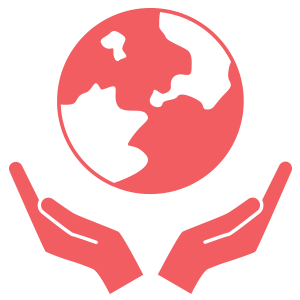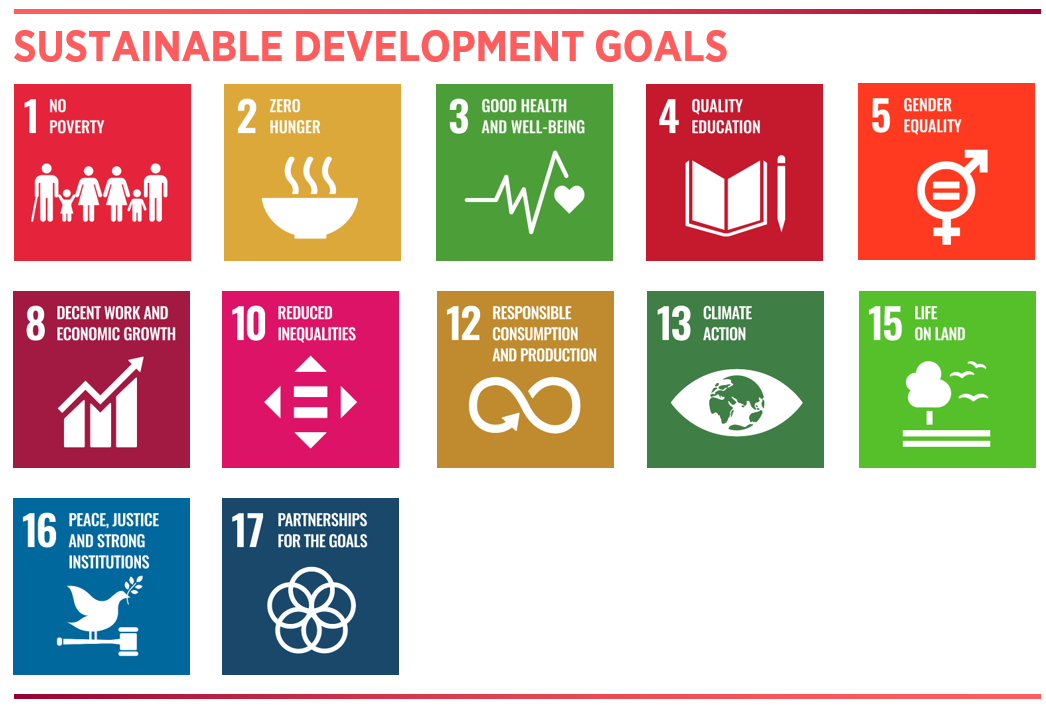Social & Corporate Responsibility

Social responsibility at individual and collective scales is critical to enable positive behavioural and cultural change. Corporate social responsibility reflects the recognition that supply chains of goods and services must reflect ethical and environmentally friendly practices. A consultative strategy is currently under development and aims to identify practical alternatives to single-use plastics and bottles used at campus food outlets and University events.
Overview
Key Strategies Emerging
Due to the impact of COVID 19, engagement with commercial food suppliers, staff and students has been limited. However, in early 2020, discussions were undertaken with the two largest food service providers; Chartwells and Piccolo Me. With campuses returning to the new normal in 2022, and the recent passing of the Plastic Reduction and Circular Economy Act 2021, it is critical to communicate clear guidelines for Responsible Cafes and Responsible Events which exclude the use of single use plastics.
Corporate Social Responsibility is now a recognised dimension of standard business practice. At a broad scale, a key strategy emerging which Western has been very proactive with has been applying ESG (Environment, Social and Governance) principles and practices to Western’s broader investments and credit ratings. Western's Treasury team in the Finance and Resources division has made significant steps towards this increasingly important corporate responsibility.
With progress towards becoming carbon neutral a critical path for the Environmental Sustainability team, discussions around carbon embedded in the supply chain of goods and services are increasingly important. As such, sustainable procurement practices are core components, requiring a proactive approach to:
- Supply chain management
- Reducing life cycle impacts of products and services, and
- Antislavery requirements for sourcing manufactured goods.
Some progress has been made in sourcing food products with reduced packaging and clear certification as part of ‘fair-trade’ supply chains. However, details of the ethical and environmental practices in the material contributions along the supply chain are often difficult to verify. A recent development is that of the potential Anti-Slavery Act, which requires that goods are not sourced from situations of forced labour. However, the definition of the types of labour relationships in third world production contexts are complex in relation to simplistic definitions of slavery.
Management Initiatives Underway
Further dialogue with food services providers will take place in 2022, building upon the need to remove single use plastics completely from our food services and event management, and building upon related opportunities for sustainable and responsible food packaging, coffee cups, and food and organic wastes.
A stakeholder engagement process is underway as part of our critical path towards becoming Climate Active accredited as Carbon Neutral. This engagement strategy will include preliminary discussions regarding opportunities to address our supply chains in terms of Climate Active accreditation, or means to identify and reduce the carbon footprint of goods and services.
Discussions with Western's Treasury team will continue, and has been ongoing with both ESG consultants, a key banks that Western works with.
Related Living Lab Initiatives
Compliance Requirements and Risk
There are significant and complex risks associated with supply chain management, including questions relating to ethical sourcing and Anti-slavery regulation. Another associated risk is that of reputational loss, and staff and student concern, regarding provisioning of materials with potential downstream impacts, such as the broader environmental impacts of micro plastics in aquatic ecosystems.
Trends and Interdependencies
Supply chain management, waste and recycling, consumer choice and expectations, business practices, and movement towards carbon neutrality and lighter ecological footprint are all related aspects of social and corporate responsibility.
Targets
| 2022 | Consultation and guidelines for single use plastics, responsible café and events |
|---|---|
| 2022 | Stakeholder consultation regarding carbon neutral supply chain issues and opportunities |
Initiatives and Case Studies
Treasury and ESG
The University is committed to responsible investment and ensuring that environmental, social and governance (ESG) issues are integrated into the development and implementation of its investment portfolios.
As part of our transition to carbon neutrality, Western will identify and mitigate against ESG risks, including climate change and human rights abuses, whilst seeking opportunities to embed good corporate governance and sustainable operating practices.
In 2021, the University ranked 5th out of 12 Australian universities in its approach to responsible investment, and our total investment portfolio was 16% less carbon intensive than its composite benchmark.
Western has also reviewed its investments to ensure the protection of human rights and for any potential exposure to modern slavery.
Our Food Environments
Food environments, including the places where people access food, the types of foods available, and the ways foods are marketed, have an enormous impact on people’s diets. Action is required to transform the food system and shift eating patterns toward those consistent with human health and environmental sustainability. Universities are uniquely placed to demonstrate leadership in supporting healthy and sustainable food systems and research shows most university students agree that their place of study should actively incorporate and promote sustainable foods. The overarching aim of the Uni-Food project is to determine the healthiness, equity, and environmental sustainability of food environments at WSU campuses to determine the scope for improvement to existing policies and procedures and campus food outlets.
Mobile options:


